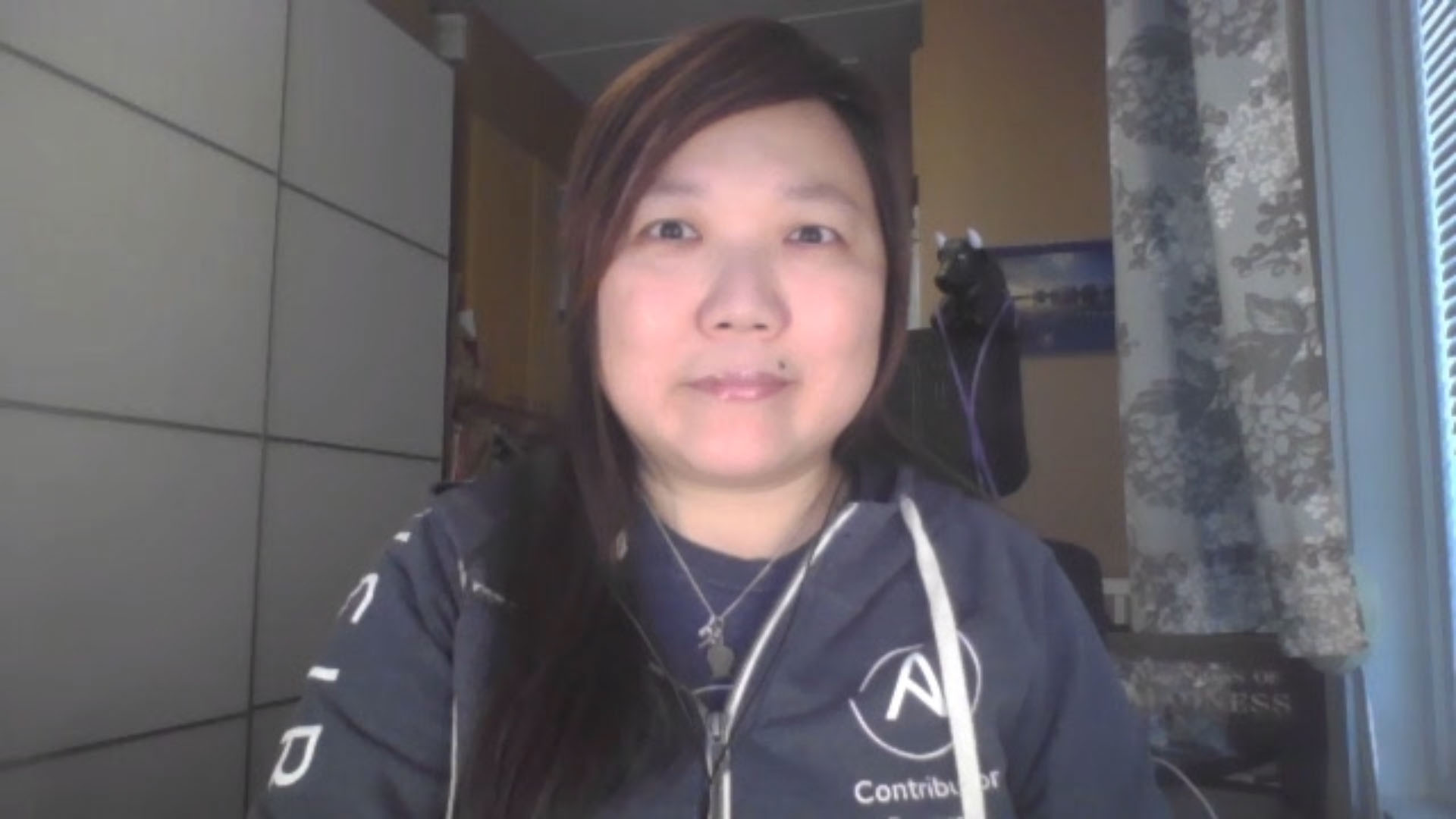 CLOUD
CLOUD
 CLOUD
CLOUD
 CLOUD
CLOUD
Like many events, Ansible’s community meetups have had to go virtual during the past year. While it was certainly an adjustment, this remote collaboration proved helpful for the Ansible community.
“Most of last year, we actually saw a slight rise in the median number of attendees at these meetups because it’s more accessible,” explained Carol Chen (pictured), principal community architect of Ansible at Red Hat Inc. “I think that the need for people to connect socially is always there, whether it’s online or in-person, and the Ansible Community is pretty strong in that.”
Chen spoke with John Furrier, host of theCUBE, SiliconANGLE Media’s livestreaming studio, during AnsibleFest 2021. They discussed Ansible’s move to hybrid events and how this has impacted the community and the development of its open-source tools. (* Disclosure below.)
As an open-source software solution, community interactions are crucial to Ansible. The lack of in-person events was initially challenging, but the company soon found it also enabled greater accessibility. But as virtual fatigue set in and attendance numbers began to drop, the team developed new hybrid events to keep the community engaged.
“We are introducing a hackathon at this contributor summit,” Chen stated. “I think it’s quite a popular thing for people to get hands-on experience or work on something right away with people to support them then and there so you can get results in real time.”
Events like these fit naturally into an online, dispersed community. As that community has grown, so have its contributions, both in number and complexity, according to Chen. Ansible created the Community Steering Committee in response to guide new automated technologies or other contributor projects.
“The Steering Committee defines these procedures and makes sure that the new content coming in are in compliance to the policies,” Chen explained. “This kind of decision-making … has been happening in the community in an ad hoc manner to a large extent even before this, but having the Steering Committee will provide more structure.”
Quick adaptations like this ensure the community can keep operating smoothly, further developing the open-source tools Ansible offers. Despite its challenges, hybrid and virtual collaboration has proved helpful in that regard, Chen concluded.
Watch the complete video interview below, and be sure to check out more of SiliconANGLE and theCUBE’s coverage of AnsibleFest 2021. (*Disclosure: TheCUBE is a paid media partner for AnsibleFest. Neither Red Hat Inc., the sponsor for theCUBE’s event coverage, nor other sponsors have editorial control over content on theCUBE or SiliconANGLE.)
Support our mission to keep content open and free by engaging with theCUBE community. Join theCUBE’s Alumni Trust Network, where technology leaders connect, share intelligence and create opportunities.
Founded by tech visionaries John Furrier and Dave Vellante, SiliconANGLE Media has built a dynamic ecosystem of industry-leading digital media brands that reach 15+ million elite tech professionals. Our new proprietary theCUBE AI Video Cloud is breaking ground in audience interaction, leveraging theCUBEai.com neural network to help technology companies make data-driven decisions and stay at the forefront of industry conversations.